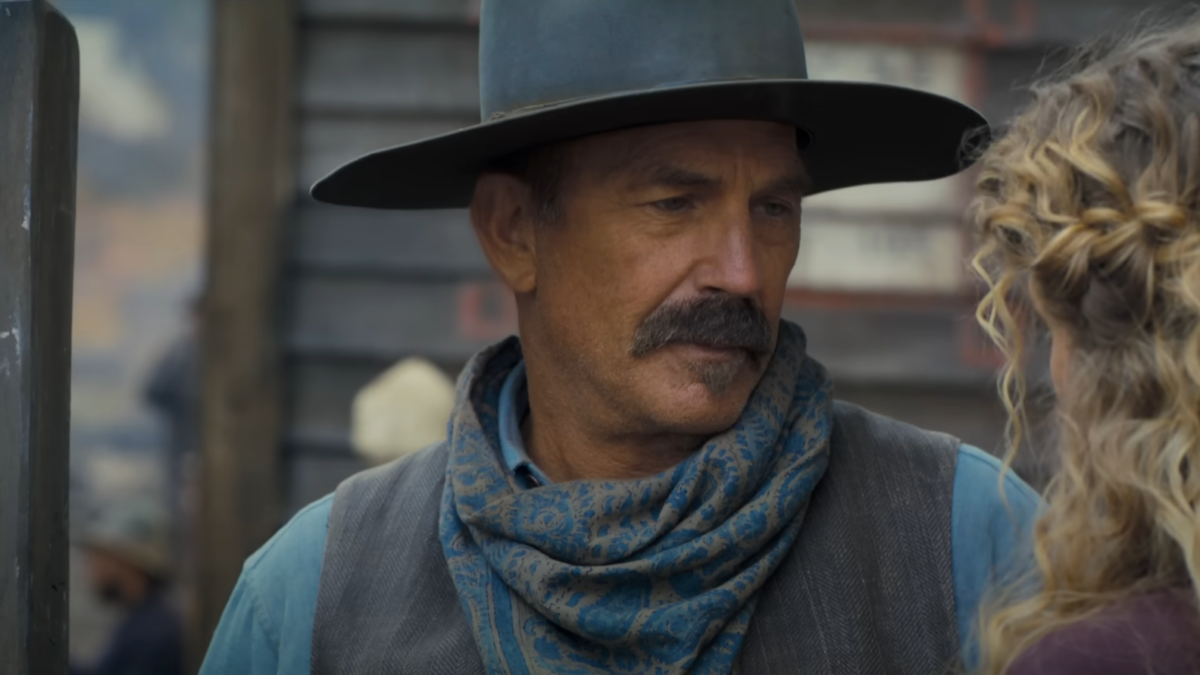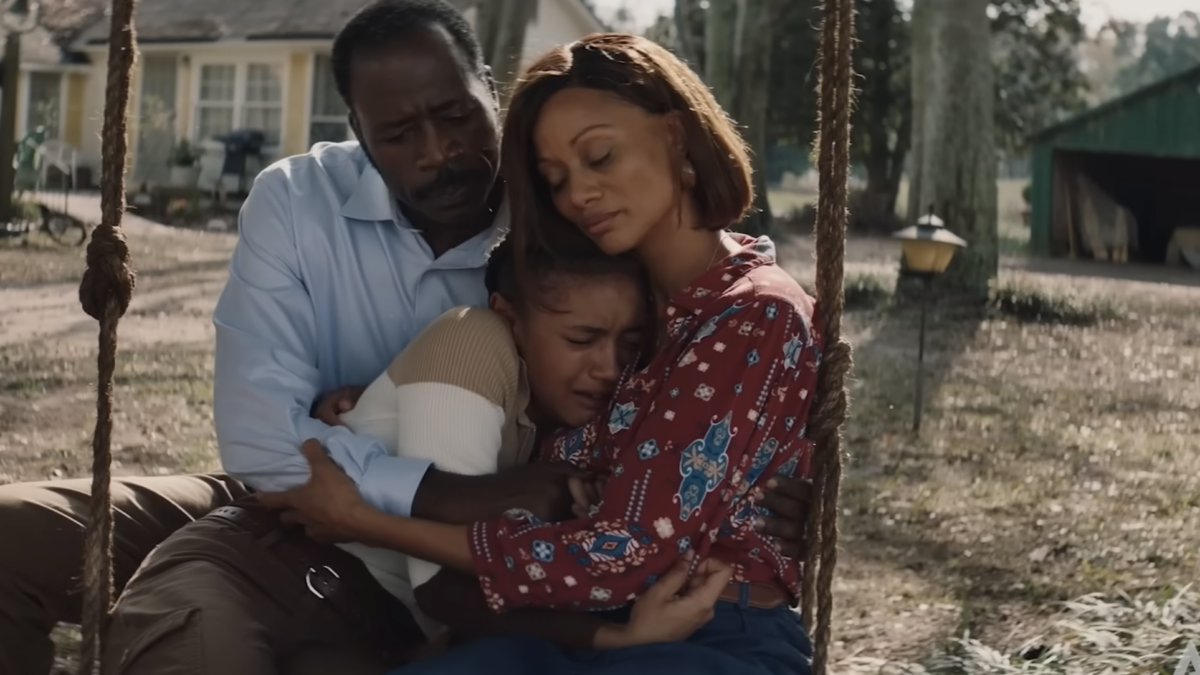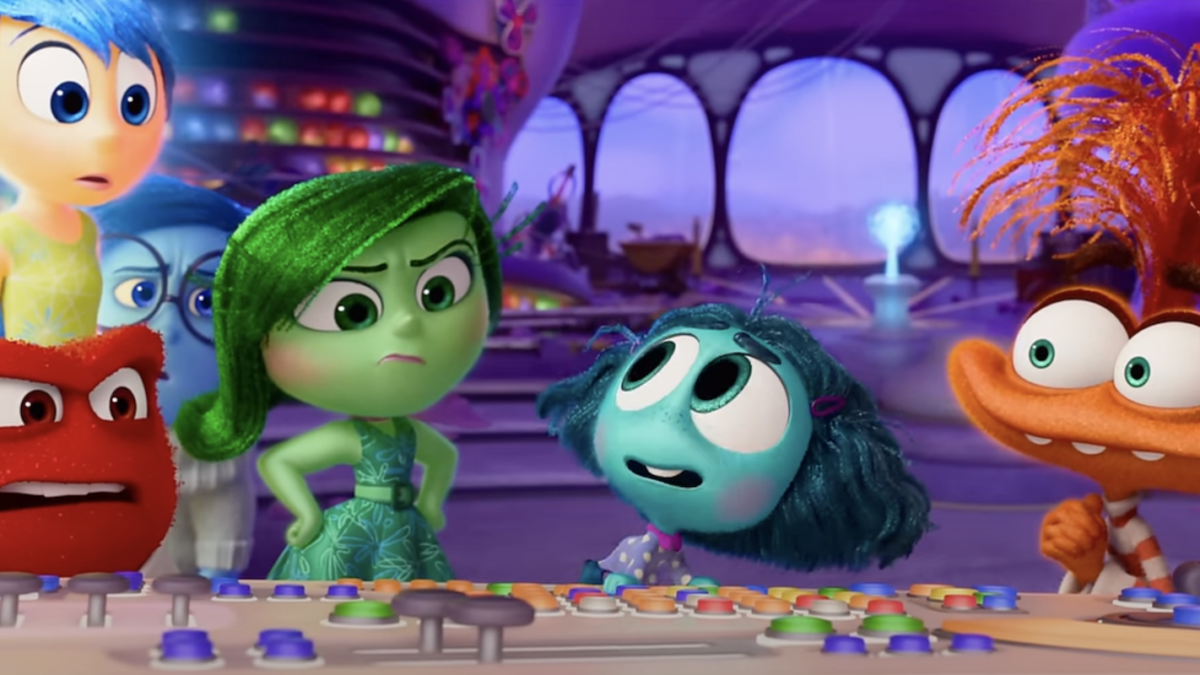
Common Sense Media provides parents with a quick rundown on the content of T.V. shows and movies. The influential review site rates entertainment according to categories like “educational value,” “positive role models,” “violence and scary stuff,” and “language.”
They’ve recently announced that they are adding a new icon to their site, for “positive gender representation.” It’s a fairly neutral-sounding phrase, but the new icon isn’t neutral at all. It will be given only to shows and movies that specifically dismantle gender stereotypes. Common Sense Media isn’t looking for entertainment that conveys a positive attitude toward both boys and girls—rather, the site wants to free children from the notion that biological sex ought to be associated with norms of behavior. It’s actually a very negative way to look at being male or female, because it treats a person’s sex as an obstacle to happiness.
Conservatives Must Do Better Than Eye-rolling
Of course, Common Sense Media doesn’t claim that sex itself is bad. They argue that gender stereotypes hold kids back. They complain that Hollywood exaggerates the differences between boys and girls. However, it is one thing to reject silly stereotypes—we can all get on board with that—and quite another to insist that boys who write poetry and girls who punch villains are inherently morally superior to characters whose interests are “gender-typical.” When storytellers and media critics swallow a lie like this, they produce entertainment that fails to give kids the kinds of role models they really need. In addition, it often leads to scenes even sillier than the stereotypes at the opposite end of the spectrum.
Conservatives cannot simply roll our eyes at pervasive narratives about tiny females shaped like ballerinas taking down muscle-bound males shaped like linebackers. We cannot simply point out that biological sex is real. Stories are one of the ways children learn what it means to be human, and if we care about the humans in our own neighborhoods we, too, must engage with questions about storytelling, morality, and sex. The good thing is that we have an opportunity to suggest a different way of looking at sex and gender.
First, we can acknowledge that Common Sense Media and progressives in general are right about one thing. Gender—or rather, the existence of two sexes—creates limitations. It is responsible for the unequal balance of power between men and women that makes both vulnerable to each other in different ways. It leads to the burden of taking on responsibility for spouses, children, parents, and siblings. Ultimately, the existence of two sexes makes it extremely difficult for individuals to get through life without allowing others to shape their identities in one way or another. So, yes, the sexes do make our children less free.
We Can Point To Real Freedom
Second, this acknowledgement gives us a tremendous opportunity. When we agree individuals could be more “free” if sex were eliminated and no person’s identity was linked to anyone else’s, we can ask our neighbors to take an honest look at the logical end of such freedom.
We can ask if children will really be better off when we scrub away all pink and blue in order to protect them from vulnerability. It’s true that in our flawed, sinful world, lovers and families have more power to hurt an individual than anything or anyone else. Yet it is also true that the best things in life require risk.
The thing about families (which form naturally around the existence of the sexes) is that they aren’t built on personal choices and personal control. They teach us to treat the needs and desires of others as equally important to our own. Through families, the existence of two sexes has the power to teach us how to build the ultimate freedom: freedom from the tyranny of our own whims, desires, and appetites. Love of others teaches us to willingly sacrifice. That makes us free indeed.
Talking About ‘Gender’ Is Important
Third, we can agree that kids need role-models to teach them what it means to be male or female in productive, virtuous ways. Sex doesn’t exist in a vacuum anymore than individuals do. Supporting each other in virtuous living is part of the job of human societies. Healthy societies provide beneficial social pressure against destructive behaviors. Healthy societies encourage attitudes and choices that tend to protect the group as a whole. Of course, this pressure must also include compassion for individuals and recognition that not every situation is the same.
In order to give kids the right role-models, we need more stories that show how sex can draw people together into families and communities instead of putting us in competition with each other. The thing is, though, this kind of story requires that we drop our modern self-consciousness about gender.
Sex is Supposed to Unite Humanity, Not Foment Competition
Oddly enough, even though conservatives are accused of overemphasizing gender, it is liberal storytellers who treat all reference to the sex of individuals as controversial and fraught. Witness the “scandal” drummed up when tennis great John McEnroe dared to claim that there are differences between male and female tennis players. Witness the ferocious seriousness with which feminist film reviewers treat every female action hero as a treatise on gender theory that, by golly, had better be 100 percent correct. Witness the cultural convention that any story involving fight scenes in which a female character fails to at some point pick up a gun or a sword is a clear tool of the patriarchy.
When we as a culture obsess over the idea that sex is a liability which must be overcome, we turn it into something that divides us, because it becomes a way that other people will oppress us unless we are constantly vigilant. What kids need instead are stories that show them how people can live out various vocations in courageous service toward others. That is actually the best defense against oppression we can offer them.
When we see our sex as something that gives us an opportunity to serve our neighbors, we lose the baggage of making every person—and every fictional character—a symbol of sex or gender. In this context, men and women will often serve each other in so-called traditional ways, but there is also room for more unusual situations. There is little need for defensiveness or exaggeration. There is room to affirm healthy norms of behavior—for instance, to recognize that it is good for babies to spend most of their time with their mothers—without the need for legalism and control.
Common Sense Media is one small, carefully-worded example of the rush to save our children from sex. They are shooting for the wrong goal. Let’s join the conversation and point out what kids really need to know.









